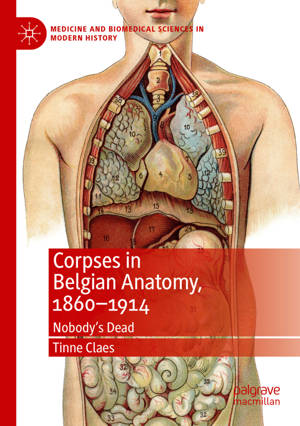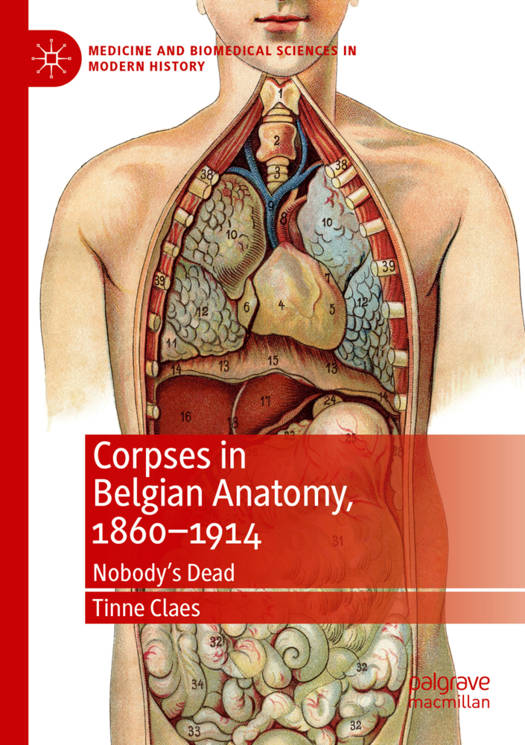
Door een staking bij bpost kan je online bestelling op dit moment iets langer onderweg zijn dan voorzien. Dringend iets nodig? Onze winkels ontvangen jou met open armen!
- Afhalen na 1 uur in een winkel met voorraad
- Gratis thuislevering in België vanaf € 30
- Ruim aanbod met 7 miljoen producten
Door een staking bij bpost kan je online bestelling op dit moment iets langer onderweg zijn dan voorzien. Dringend iets nodig? Onze winkels ontvangen jou met open armen!
- Afhalen na 1 uur in een winkel met voorraad
- Gratis thuislevering in België vanaf € 30
- Ruim aanbod met 7 miljoen producten
Zoeken
Omschrijving
This book tells the story of the thousands of corpses that ended up in the hands of anatomists in the late nineteenth and early twentieth centuries. Composed as a travel story from the point of view of the cadaver, this study offers a full-blown cultural history of death and dissection, with insights that easily go beyond the history of anatomy and the specific case of Belgium. From acquisition to disposal, the trajectories of the corpse changed under the influence of social policies, ideological tensions, religious sensitivities, cultures of death and broader changes in the field of medical ethics. Anatomists increasingly had to reconcile their ways with the diverse meanings that the dead body held. To a certain extent, as this book argues, they started to treat the corpse as subject rather than object. Interweaving broad historical evolutions with detailed case studies, this book offers unique insights into a field dominated by Anglo-American perspectives, evaluating the similaritiesand differences within other European contexts.
Specificaties
Betrokkenen
- Auteur(s):
- Uitgeverij:
Inhoud
- Aantal bladzijden:
- 323
- Taal:
- Engels
- Reeks:
Eigenschappen
- Productcode (EAN):
- 9783030201173
- Verschijningsdatum:
- 2/12/2020
- Uitvoering:
- Paperback
- Formaat:
- Trade paperback (VS)
- Afmetingen:
- 148 mm x 210 mm
- Gewicht:
- 408 g

Alleen bij Standaard Boekhandel
+ 120 punten op je klantenkaart van Standaard Boekhandel
Beoordelingen
We publiceren alleen reviews die voldoen aan de voorwaarden voor reviews. Bekijk onze voorwaarden voor reviews.











